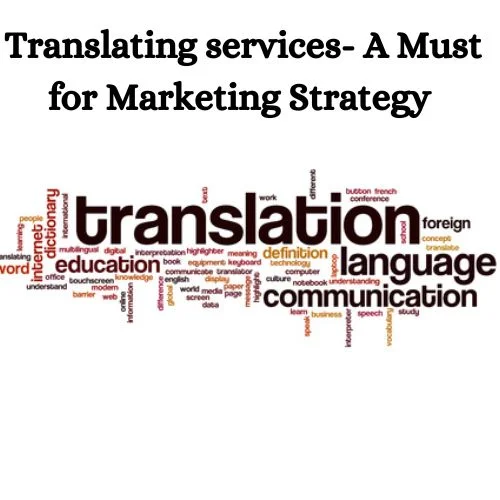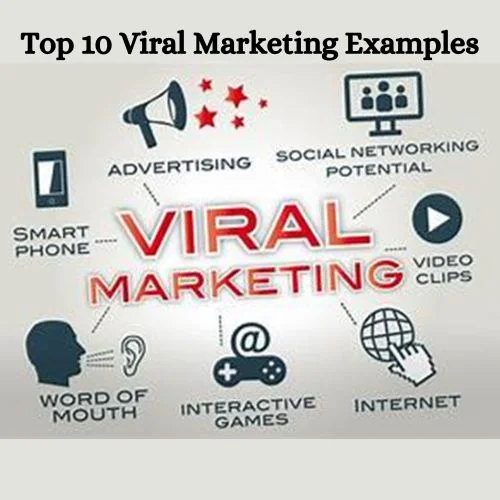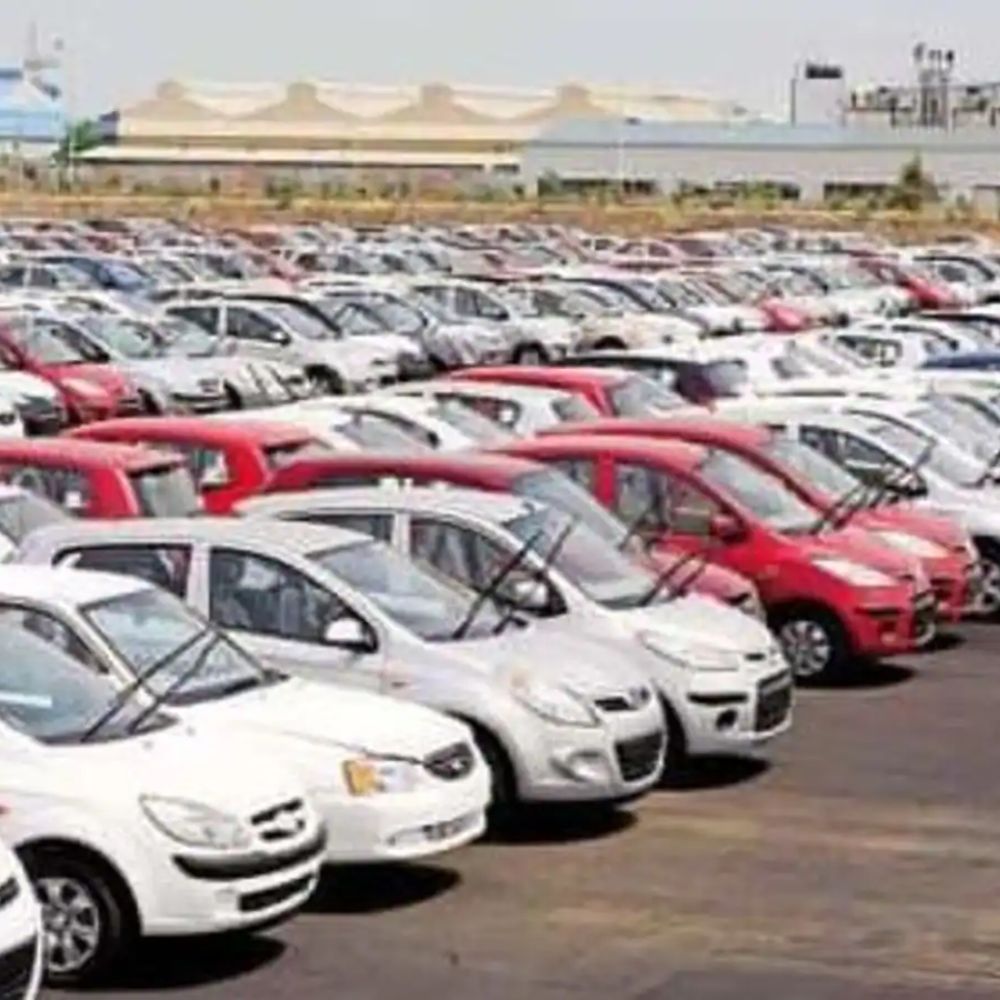The days of mega-brands are over and large corporations have to put in a lot more effort and have a portfolio of multiple mid-tier brands.
B2C or B2C brands aren’t limited to the speed of execution and are better positioned than large enterprises in certain areas. “With some of the underlying shifts in the environment, it’s getting a ‘level-playing’ field where large companies will have limited competitive advantages. Better consumer-level data and targeted marketing capabilities place consumer companies at an advantage over the larger players,” expressed the report.
A B2C brand is a business that generates the majority of its sales or customer acquisition through direct consumer online channels or starts as an online distribution before transitioning to multiple channels.
“Slowly but surely B2C players will impact large FMCG companies with their innovative product offerings and variety of flavors. With the kind of time people spend online, they are coming across B2C brands more often and the recall is increasing. Already B2C brands are seeing increased trials as consumers are now looking at options from their regular brands. Be it apparel, personal care, or food,” said Soumyadeep Mukherjee, cofounder, of Spicestory.
The rise of House of Brands has made cash withdrawals relatively easy and profitable for many B2C brand promoters. Mensa Brands, GlobalBees, UpScalio, and Thrasio (US companies and pioneers of this business) are some of the most popular companies in this space. ICICI believes that many B2C brands traditionally need a long operating history to start selling, demonstrating brand relevance, operational economics, and average performance.
“When a B2C startup enters the market and makes their products visible to the end customer, there are only two factors through which they can have an edge over the already existing large FMCG players. First, they have to have a focused marketing strategy through Facebook and Google ads, and second, they have to have a strong logistics and supply chain infrastructure in place so that they are available to their customers in any part of the country,” said Diane Das, Cofounder, Agility Ventures.
In last week’s earnings report, Hindustan Unilever said it now has 14 dedicated B2C platforms to provide consumers with a unique shopping experience. In fact, HUL recently launched a new Gummies format by expanding its Horlicks franchise and launching two products on its B2C platform: Nutri Gummies and Diabetes Gummies.
“B2C is a channel just like offline or eCommerce. In every channel, you will come across products that are highly differentiated, and at the same time, there will be many me-too products as well as offering price advantages. The number of me-too product offerings in all channels, including B2C, will always outnumber the differentiated products.” said Anish Basu Roy, Cofounder, TagZ Foods.















